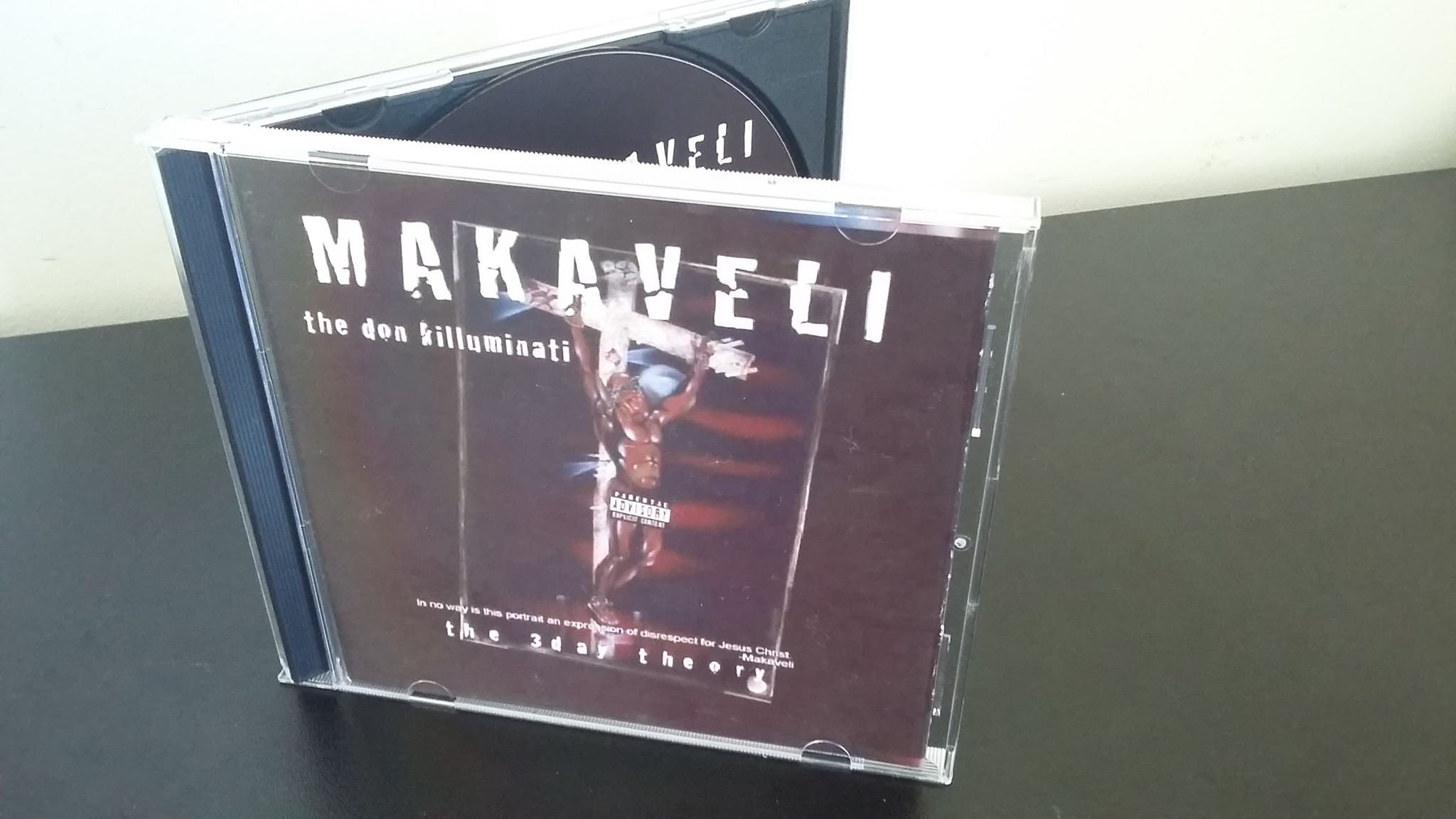
The fact that he recorded it under the pseudonym Makaveli suggests that the record was designed as a side project that reflects a limited side of him. Too much attention, in fact, for what the album represents. So there’s inevitably going to be a lot of attention on this album, which contains his final recorded words.

The letters are an acronym for a phrase that reflected his bitterness toward the cards that he felt young black males were dealt by white America: “The Hate U Give Lil Infants F- Everybody.”Ĭontroversy aside, Shakur, who died of gunshot wounds in September, was revered by his peers as one of his generation’s most compelling figures. “Thug Life,” the motto tattooed on Shakur’s chest and repeated in many of his songs, was more than simply a clever catch phrase. It’s easy to see why some people would recoil at the imagery of the rapper’s angriest songs, not appreciating that the lyrics reflected the hate that hate produced.


Even his biggest fans didn’t know from track to track which Shakur would blow toward them next: Tupac the healer, as on the poignant, Grammy-nominated “Dear Mama,” or Tupac the destroyer, as in the venomous “Hit ‘Em Up.” Tupac Shakur was a mercurial artist who ripped through the pop world like a twister.


 0 kommentar(er)
0 kommentar(er)
